New South Wales (NSW) transmission network operator system strength service provider (SSSP) Transgrid has chosen grid-forming batteries and synchronous condensers as its preferred technologies to underpin the company’s portfolio of system strength solutions.
From a potential 100 individual solutions considered, it now plans to roll out 10 synchronous condensers to support system strength, inertia and system voltage, and 5 GW of grid-forming battery energy storage systems (BESS), providing the equivalent strength to another 17 synchronous condensers.
Transgrid also intends to modify 650 MW of synchronous generators to enable synchronous condenser-mode, plus consider additional targeted solutions to support new renewables within the New England and Hunter-Central Coast Renewable Energy Zones (HCC REZ).
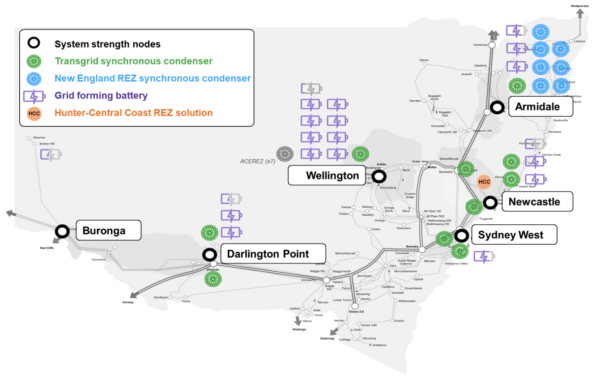
Image: Transgrid
Transgrid Acting Executive General Manager of Network Jason Krstanoski said the preferred portfolio utilizes “innovative grid-forming batteries to provide almost half of NSW’s system strength requirements, with synchronous condensers providing the other half.”
“Together, these solutions are expected to deliver $8.8 billion (USD 5.7 billion) in net market benefits by ensuring the safe and reliable operation of the grid and accelerating the transition to more affordable, cleaner renewable energy,” said Krstanoski.
Krstanoski said the report also demonstrates that additional net market benefits of $1.2 billion could be delivered if Transgrid accelerates deployment of synchronous condensers, and the company is currently investigating options to fast-track the project.
PACR is part of Transgrid’s System Security Roadmap, a 10-year plan to transform the state’s power system and ensure the secure operation of the grid at up to 100% instantaneous renewables.
Transgrid published its preferences in a Project Assessment Conclusions Report (PACR), which is the final step in a three-stage regulatory process to ensure the best outcome for the market and consumers.
This content is protected by copyright and may not be reused. If you want to cooperate with us and would like to reuse some of our content, please contact: editors@pv-magazine.com.
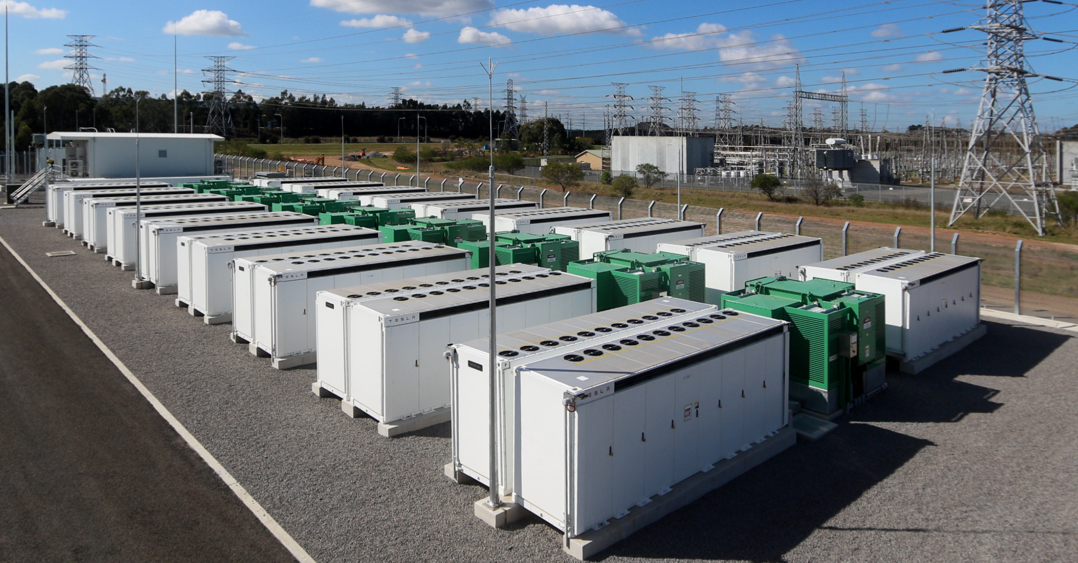
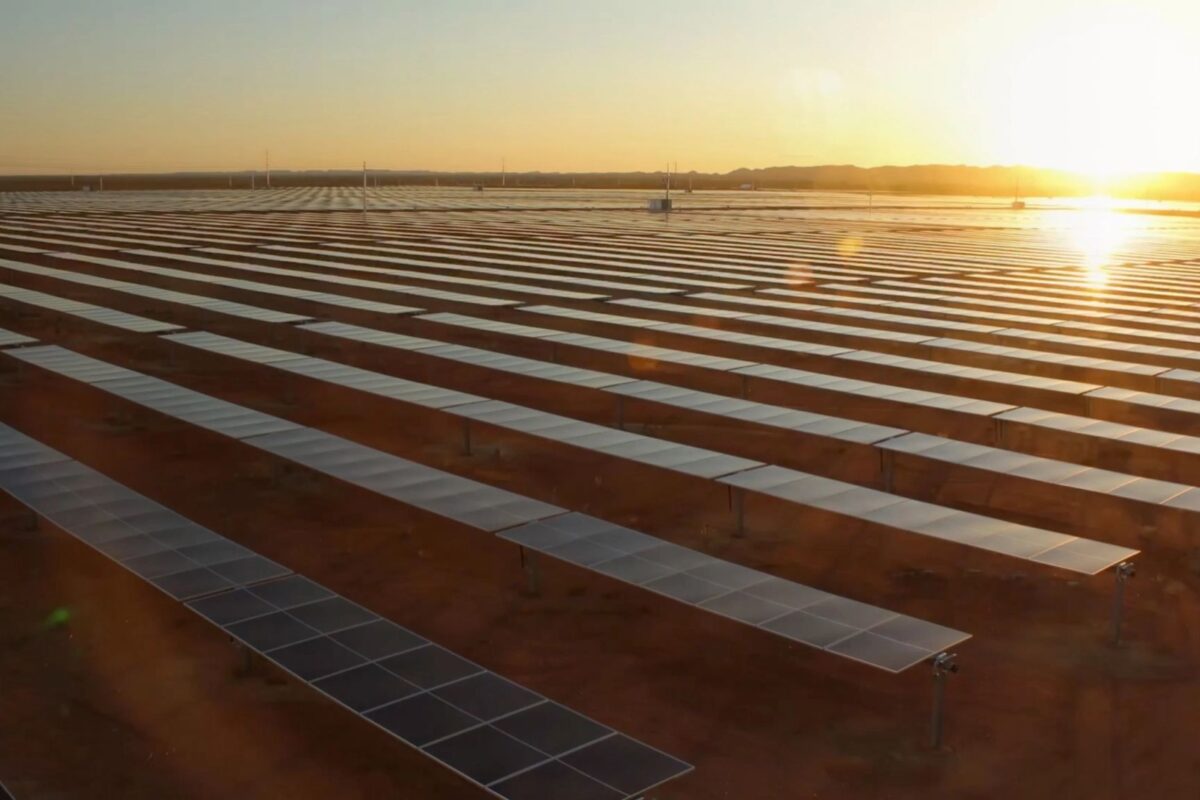


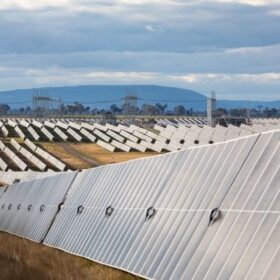
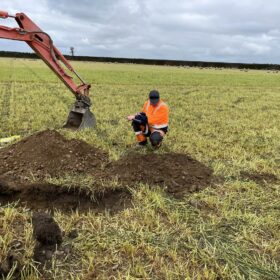
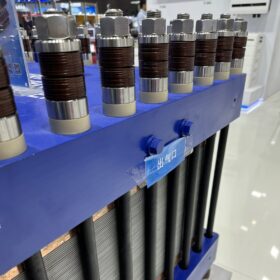
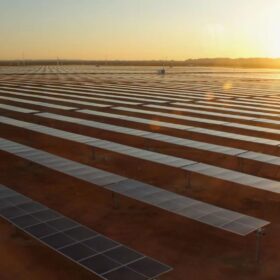

By submitting this form you agree to pv magazine using your data for the purposes of publishing your comment.
Your personal data will only be disclosed or otherwise transmitted to third parties for the purposes of spam filtering or if this is necessary for technical maintenance of the website. Any other transfer to third parties will not take place unless this is justified on the basis of applicable data protection regulations or if pv magazine is legally obliged to do so.
You may revoke this consent at any time with effect for the future, in which case your personal data will be deleted immediately. Otherwise, your data will be deleted if pv magazine has processed your request or the purpose of data storage is fulfilled.
Further information on data privacy can be found in our Data Protection Policy.